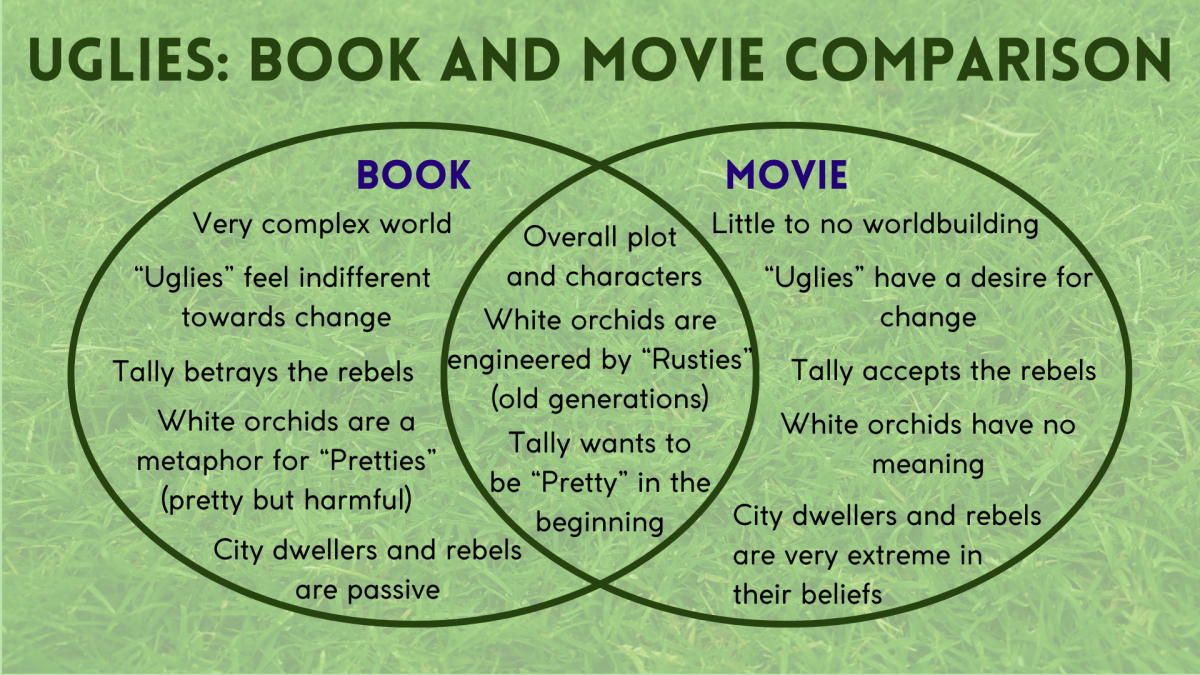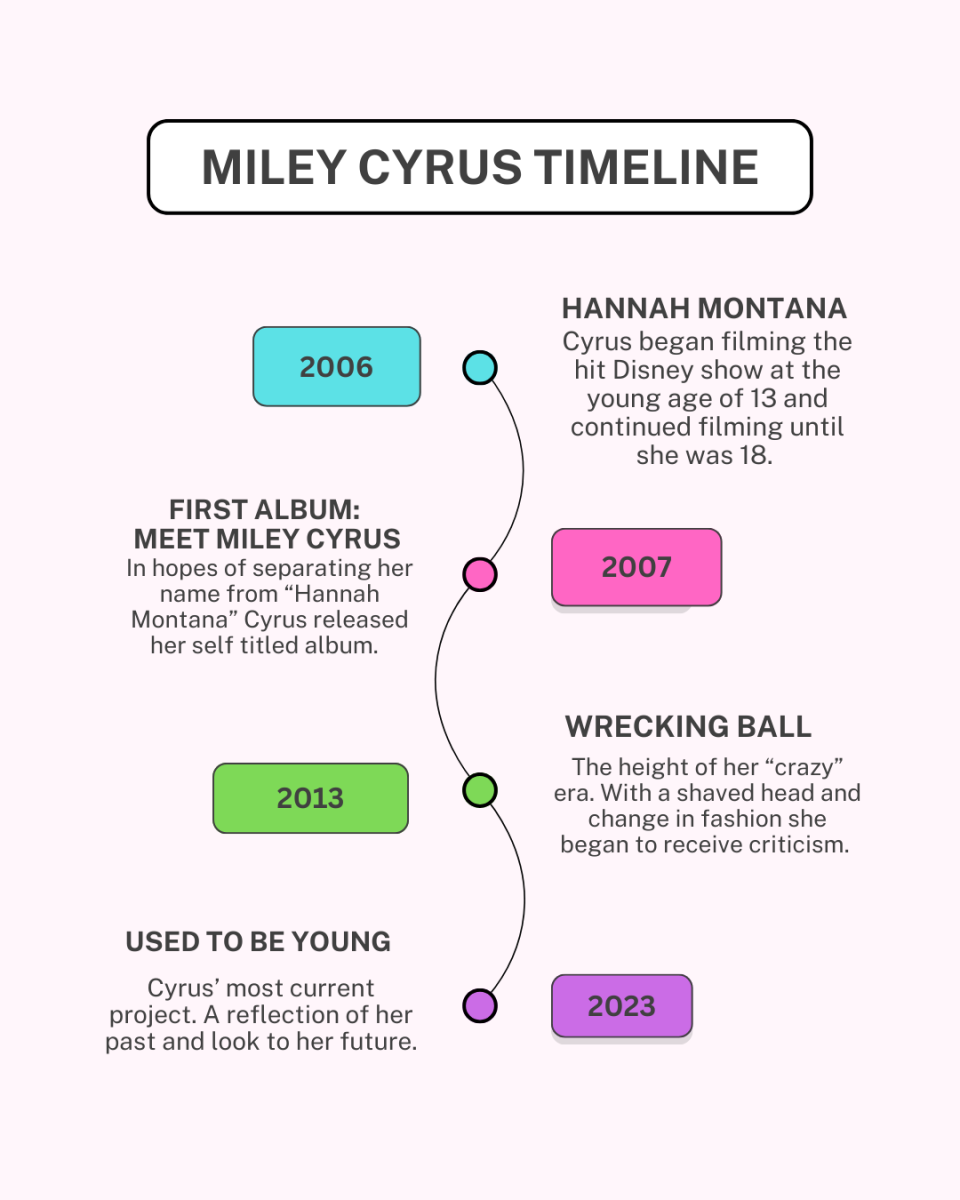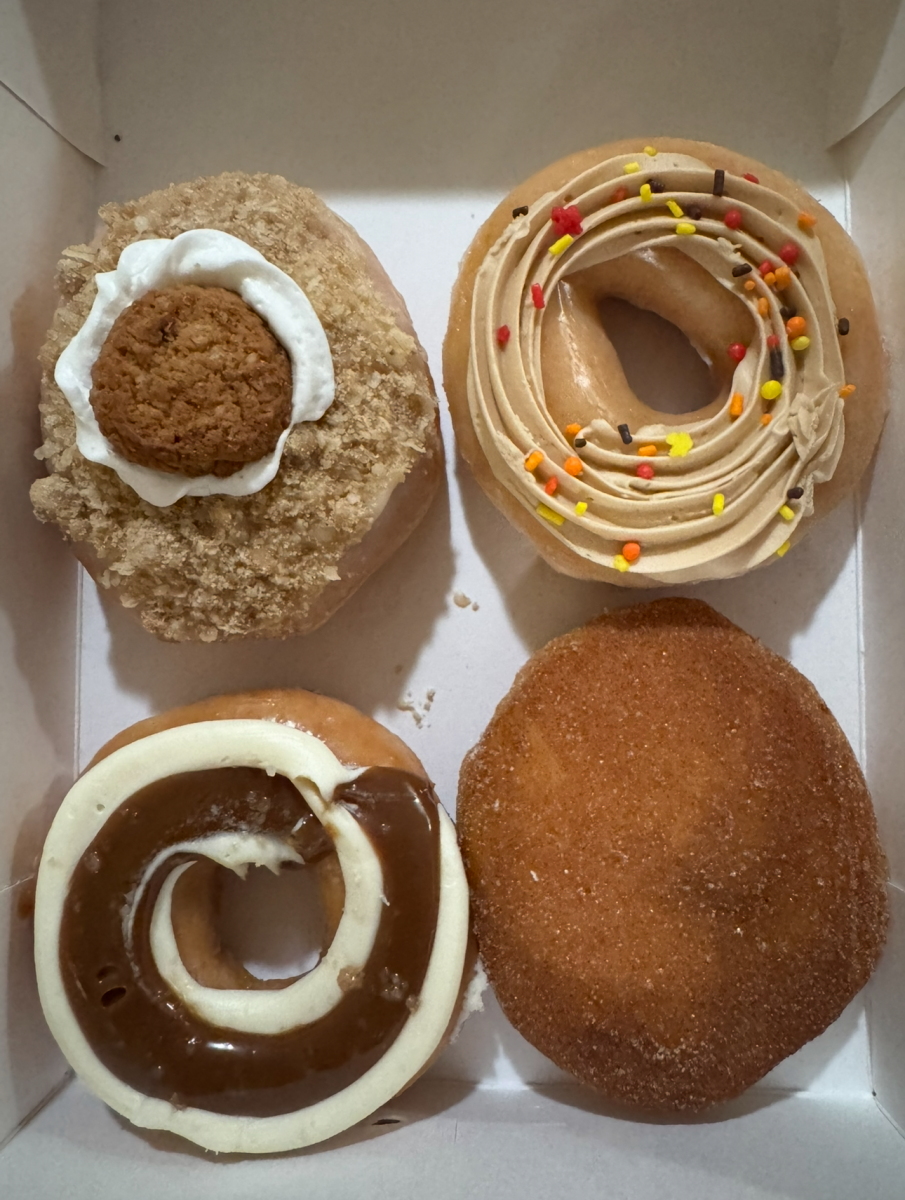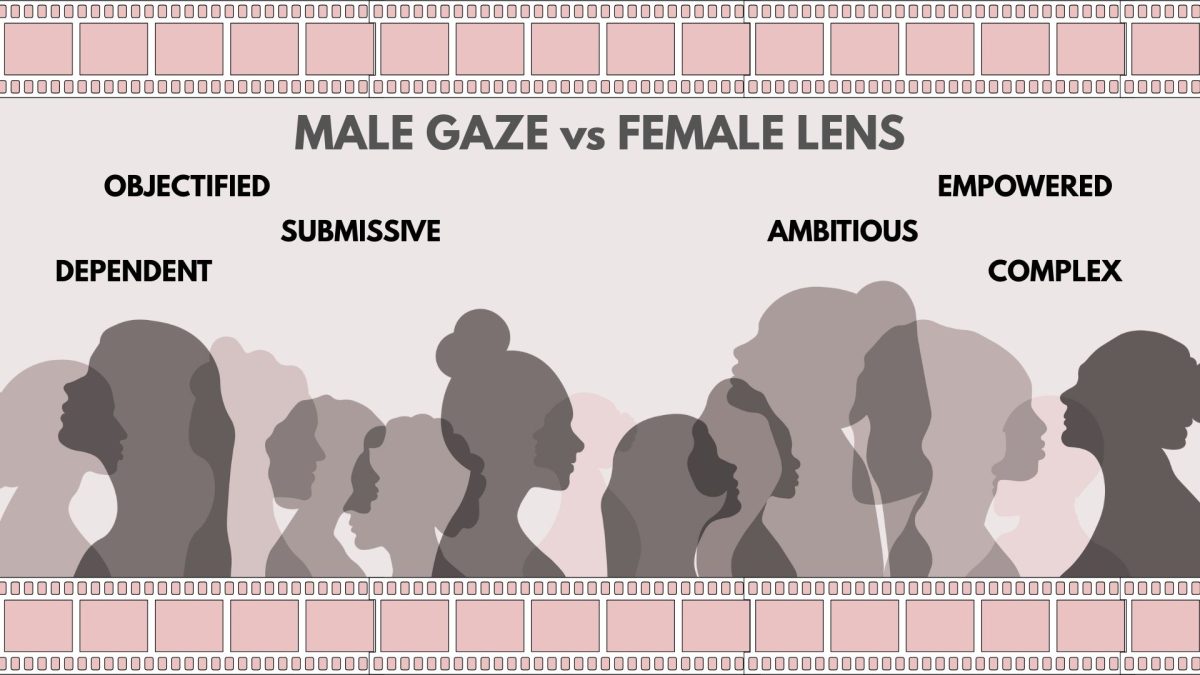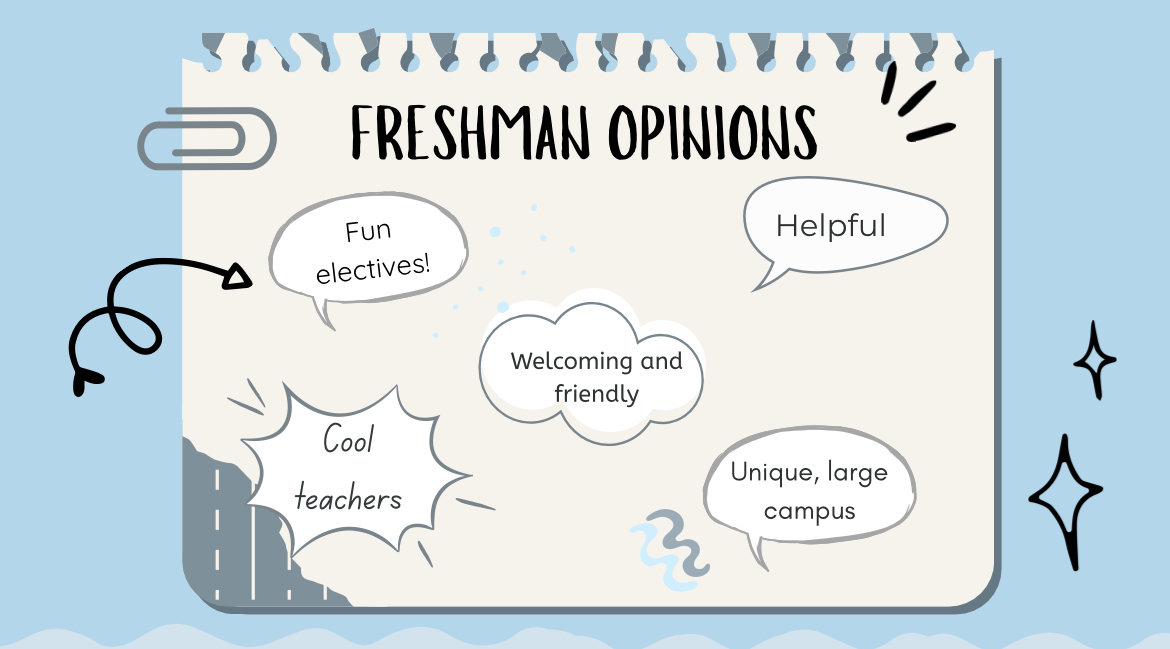Whether cookies in a jar or in programming, cookies can hold more complexity than one would think. Website cookies have been part of our daily use of technology almost as much as they are in our stomachs, but their use is very different to the ones we can eat.
According to google’s privacy settings, a cookie is a small text file on a website that is placed on a user’s browser. In layman’s terms, it is a tracker that helps websites remember you.
“The goal [of cookies] is to ease [the website’s] access,” AP computer science teacher Zeke Bouweraerts said.
Cookies work by storing a text file of some information, such as saving your password to a website you want to revisit, and storing it in the browser of your device, your phone, your computer, and in the jar on your counter.
Some examples of cookies and how they are used are in online shopping websites that track what is in your cart or how the website remembers you when you sign in. Cookies can also be used to give personalized ads for a website.
First party cookies are cookies placed by the website, or the people developing it. Third party cookies are placed on the website by another organization. Third party cookies are sent to advertisers, and other third parties. The “parties” are the cookie providers, which are either advertisers or the website itself.
Within those parties of cookies, there are several categories of cookies: strictly necessary, performance, functional, and marketing. As it would sound, strictly necessary is one that the website runs on its own, and they are what keeps the display of the website up.
The other 3 are the ones users have to consent to. Performance cookies are used for counting visits on the website, so the websites can identify what is popular, or what is working. Functional cookies are used for personalization and enhancing functionality.
Marketing cookies are used to provide content that you would be interested in, such as pushing a similar product to what you have been shopping for. They are used in personalized ads.
A lot of people are hesitant to trust cookies, for various reasons.
“Cookies are trackers and an invasion of privacy,” freshman Lilliana Munoz said.
Munoz has a lot to say when it comes to cookies. She explained how she does not think it helps but it’s annoying to constantly have these ads pop up on the screen.
People who are concerned about cookies worry about privacy concerns such as them tracking your activity and behavior, or security risks, as they can be used to steal sensitive information.
“We get into trouble when a not secure website has your data, because if they get hacked or if it gets leaked, that is really bad.” Bouweraerts said.
Those who run the websites are intent on keeping cookies, because they can help make user experience cleaner. Because of how they are used, and they are required to keep website’s images up, they are not likely to leave.
“I do not think it is a controversial statement to say having your own data leaked to people who should not have it is bad,” Bouweraerts said.




























